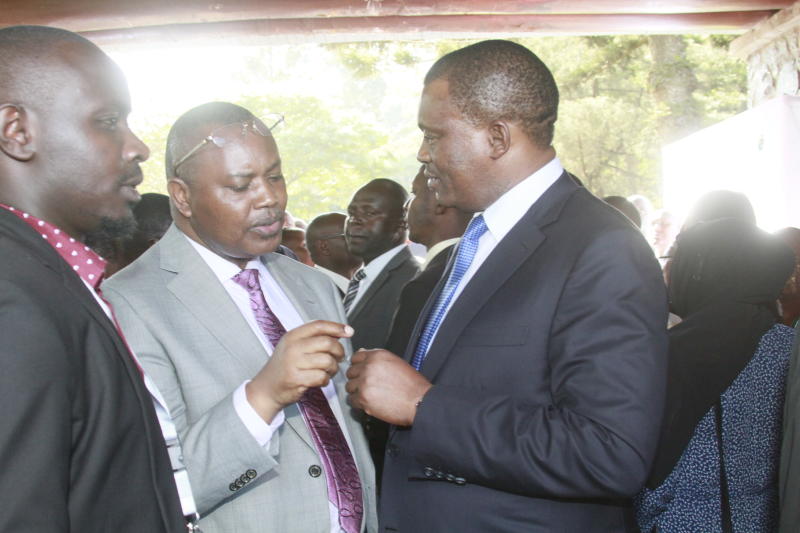×
The Standard e-Paper
Home To Bold Columnists

Opposition leader Raila Odinga has criticised MPs for their appetite for fat perks barely minutes after National Assembly Speaker Justin Muturi defended them.
Speaking during the National Anti-corruption Conference in Bomas, Nairobi, yesterday, Raila took on Mr Muturi who had blamed the media for misrepresenting MPs on the perksdebate.